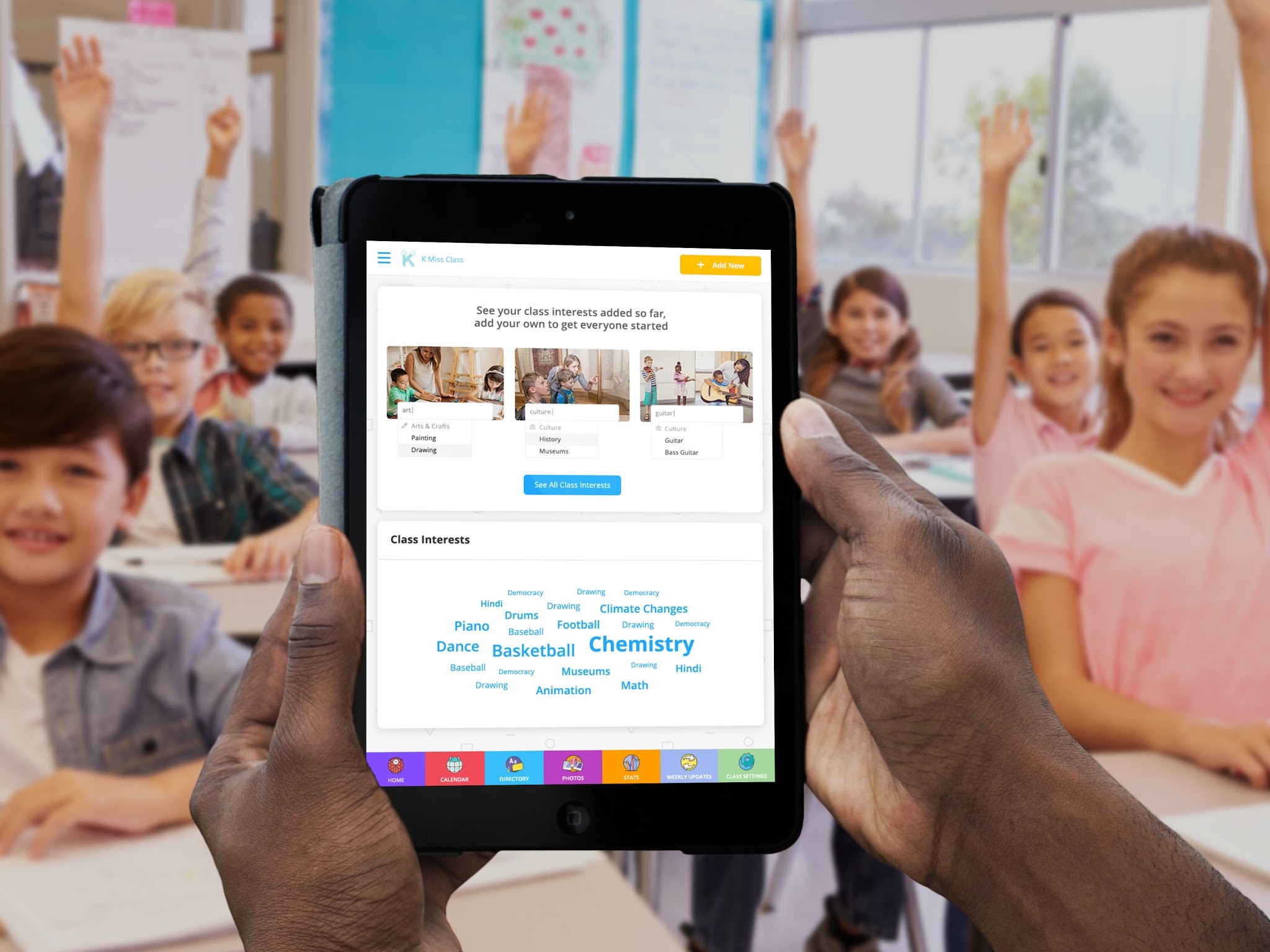How Technology Can Be Used to Create Better Assessments

One of the many changes that students are experiencing is their ability to be assessed not only in the classroom but also online. Students of all ages can be tested and assessed through the use of online tools and assessments. In the 21st century, we are seeing a shift in views regarding how students can be tested and assessed based on their performances inside and outside the classroom. Students can also be assessed by creating and displaying their work online through social media, YouTube, and digital portfolios. Additionally, many university classes are encouraging and even requiring student contribution on online blackboards and forums. Regardless of the format of assessment, technology is becoming a critical part of learning as well as student performance. So, how we can use technology to create better assessments? Read on to find out.
MOOCs and Online Assessments
Online assessments of students’ performance are particularly common when students are taking MOOCs. When students take MOOCs (massive open online course), students’ work is both completed and assessed entirely online through the use of online platforms, discussion boards, quizzes, and other assessment types. Discussion boards are an excellent form of assessment because they encourage student dialogue and demonstrate what the student has learned through interactions with other students. They also pinpoint student’s areas of improvement. Discussion board and platforms can be used either as an aid to a regular face-to-face class or can serve as the primary format for a fully online class.
Students Can Create and Display Their Work Online
Students can also now utilize technology to create and post their completed work online. Susan Riley of educationcloset.com recommends that students share their completed work through social media, university portal log-ins, and discussion boards. Students can create their own media, which can be accomplished through the use of cameras and other audio-visual equipment. Students’ video, photograph, and audio assignments such as interviews, documentaries, and self-reflection pieces can be created just by using phone apps or a phone’s camera. Susan Riley even recommends that students use programs such as YouTube and Garage Band to develop and publish their own materials.
The technology of the 21st century is making it more and more possible for students to grow in multiple areas within one project through the use of technology. In one project, students may be asked to draw upon technology skills, understand and articulate the content area, provide self-reflection, and complete their own film or audio editing. Even simple blog posts can demonstrate student comprehension and teachers can assess students’ writing skills. Digital portfolios are yet another way that assessment of student work can be completed online. Creating a portfolio allows the student to demonstrate many if not all of their skills and can help them to become “work-ready.” Susan Riley additionally recommends using digital portfolios as a way to diversify assessment of student performance.
Online Programs for Foreign Language Learners
As the world becomes “virtually” smaller, our learners are also becoming more diverse. There is also a growing need and interest in online foreign language learning programs, which are now being used globally. Foreign language learning programs are available through apps for the iPad, iPhone, and or Android device. Online programs allow students to complete entire lessons online to either supplement course materials or to serve as a stand-alone assessment of student comprehension. Teachers can quickly and easily access student scores and results by logging into these programs and checking on student progress on websites such as “Tell Me More.”
Using Spreadsheet and Data Collection Programs
Another way that technology is benefiting teachers is through the use of Excel programs, spreadsheets, and automatic data collection completed by computer programs. Computer programs can compile and analyze student data and results, saving the teacher both time and resources. The Educational Broadcasting Cooperation comments that teachers can make use of technology to track student progress and improve their own performance and lesson plans. The internet, of course, can also be used to supplement and speed up the process of grading papers and other written work. Teachers can use online rubrics and automatic error-finding systems to ensure that they are fairly grading each and every students’ work.
Making Technology Work for Us!
Technology, when used correctly, can benefit our education systems, our teachers, and our students. It can benefit our students by encouraging them to use their critical thinking and reasoning skills, be more creative, and gain skills using the computer and other devices. Students can learn to present their own media projects online and or in front of their class. Technology not only encourages student growth but also makes it easier for teachers to grade and assess student work. Computer programs also make it easier for educators to have access to student work away from the office.
Lastly, discussions boards and other online platforms urge students to continue dialogues outside of the standard classroom. Educators can observe chat boards in order to understand what concepts need to be reviewed and or what concepts students are not grasping. The development of technology is not only advancing education, but is also altering the way we assess our students, and how fast assessment can be completed fairly.






